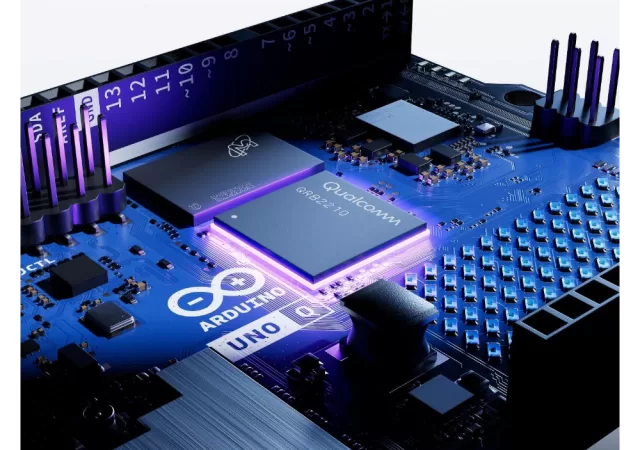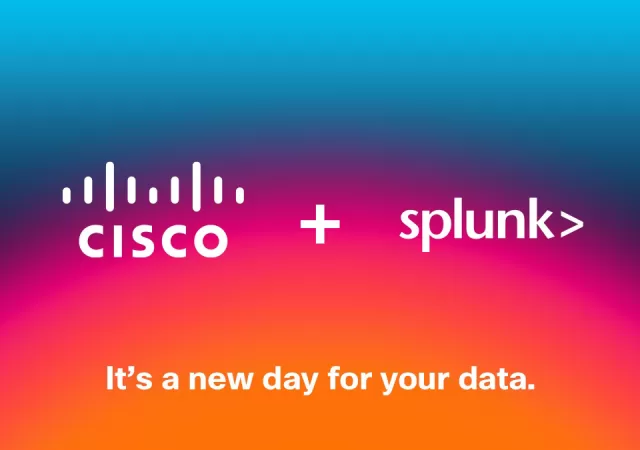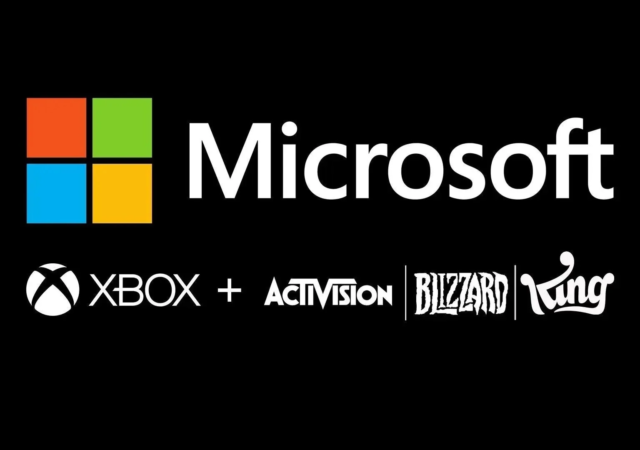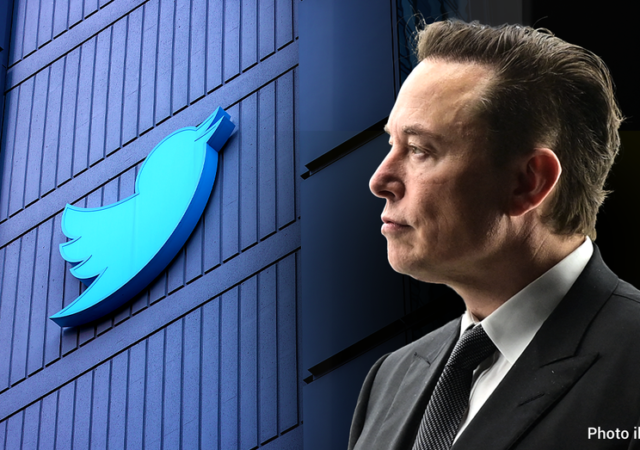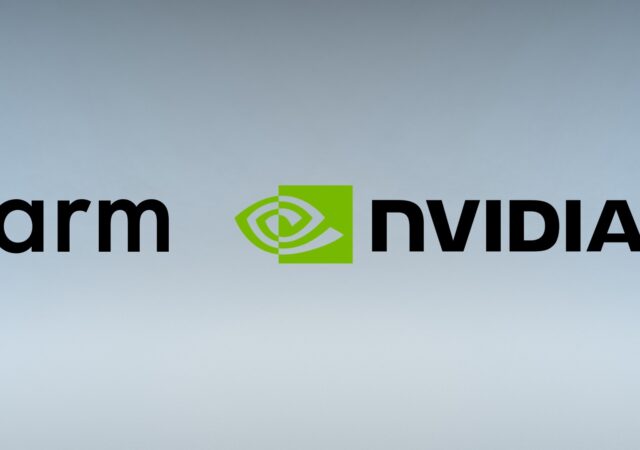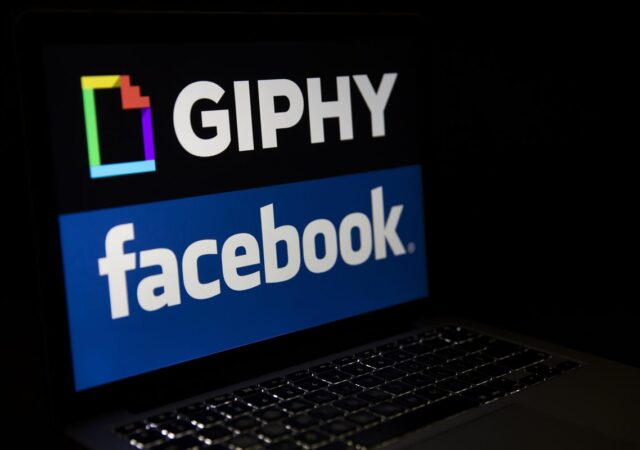Qualcomm announces its intended acquisition of Arduino together with the announcement of their first collaborative product – the Arduino UNO Q.
Cisco’s Acquisition of Splunk: A Game-Changer in Data Management and Security
Cisco makes a groundbreaking move with the USD$28 billion acquisition of Splunk. Learn how this deal will revolutionize data management and security.
Microsoft Merger With Activision-Blizzard Hits A Snag
The mega merger between Microsoft and video game publisher Activision-Blizzard may be under threat by the Federal Trade Commission (FTC). As first reported by Politico, their sources have stated that the FTC is ““likely to file an antitrust lawsuit to…
[UPDATED] NVIDIA + ARM Deal is Not Happening After All!
NVIDIA’s bid to acquire ARM has reportedly failed! What does this mean for other key players? What does this mean for SoftrBank?



